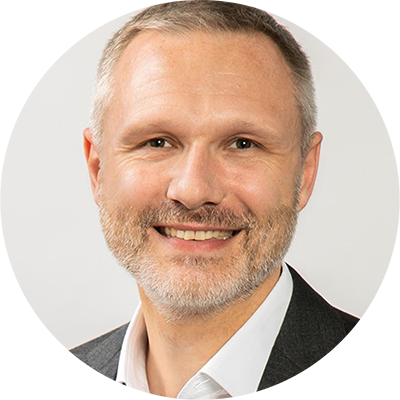
Developing dealers – sustainably and efficiently
Why is the topic relevant?
Distribution and service networks in the automotive environment are facing an unprecedented level of need for change. In this context, the SARS-Cov-2 pandemic has only reinforced and accelerated trends that were already apparent beforehand. These include, for example, multi-channel distribution, new mobility products, connected cars and the replacement of the combustion engine.
For independent, medium-sized trading companies – such as those that currently characterise automotive distribution in Germany – these challenges are difficult to overcome without support. As well as individual trade groups may succeed in the change in certain areas, in our experience they have difficulties in others. Thin staffing levels, cost pressures and high operational burdens are often compounded by years of implementation backlogs and a lack of expertise in the areas of customer management and digitalisation.
Car manufacturers and importers are therefore in demand if they want to continue to have vital and effective dealer networks that offer a consistent customer experience. Classic approaches to network management and development often achieve little here. Training programmes are slow and do not address the implementation hurdles in the local operations. Coaching programmes are effective, but can often only focus on narrowly defined areas and are limited to on-site intervention by the day or require very high investment. Audits and incentives mobilise and make targets clear, but do not help if there is a lack of active change management and competencies. Process blueprints and standards also often fail because of the very heterogeneous status quo in the partner network.
Optimal support of the distribution partners by manufacturers and importers thus takes into account both the development goals of the dealer network and the specific situation in the individual business and efficiently and effectively ensures actual implementation on the ground.
What is our approach?
With the “Remote Dealer Network Mobilisation and Development”, MSR Consulting offers a consulting approach that meets these requirements. Our experienced automotive consultants offer strategic and operational advice at eye level with the trade, if necessary also together with the responsible field service. We focus on the individual analysis of the situation of each trading company or branch together with the responsible managers. This includes looking at meaningful key figures as well as discussing current challenges and ongoing projects. In doing so, the external and internal view of the company’s performance is brought together and, in many cases, an awareness of the problem is created for the first time and pressure to act is built up. Of particular benefit is the holistic view of the organisational and operational structure – for example, it makes little sense to market a new mobility product without taking into account its impact on sales, service and back-office processes and all employees involved.
Based on the analysis, individual development goals and measures are derived and prioritised for each retailer. In particular, we take into account the retailer’s starting position and ensure that the planning is ambitious but realistic. The focus is on teaching change and project management methods and on building structures that sustainably support the change. The consultant’s task is to enable the retailer’s employees to anticipate changes themselves, to derive suitable measures and to implement them pragmatically with the available means. In doing so, we make our know-how, tools and experience available at all times, moderate conflicts and break down conceptual and mental barriers to implementation.
We achieve this by following up an initial detailed analysis with high frequency, constantly challenging managers and readjusting as needed. This prevents change processes from petering out after initial motivation and painstakingly created structures from being lost. We change the view of the management team on site and enable managers to look beyond the horizon of day-to-day business.
In terms of content, a broad focus should be chosen, from strategic direction decisions to operational processes – whatever hinders change now or later is our topic. And the longer we can accompany, the better. In this way, we not only ensure sustainable implementation success, we also gain insights into the dealer network that are of great value for the strategic planning of the manufacturer or importer.
What are your advantages?
Against the background of the desired high-frequency and long-term support and the aspiration to make retail managers better, we deliberately rely on remote coaching. In concrete terms, this means that we prefer to use video chat software to get in touch with the people responsible in retail. Individual coaching sessions usually last 1-2 hours and can thus be easily integrated into the daily routine of the automotive trade. Data can be exchanged conveniently through screensharing.
To ensure professional implementation, it is advisable to equip the traders once with the necessary equipment, if it is not already available. Our experience shows that even employees with little digital affinity quickly get to grips with the medium.
In concrete terms, the capacity of the consultants can be used very efficiently, as the project duration can be stretched through many short sessions – at the same cost. Flexibility also increases, as both spontaneous intensification and pausing of support are possible.
Our experience shows that the effectiveness of corresponding programmes does not drop in comparison with presence concepts, while the speed of a roll-out in the dealer network increases enormously and sustainability benefits greatly.
In terms of a customised solution for the specific objectives of manufacturers or importers in network development, the methods described here can also be excellently combined with other instruments, e.g. on-site analysis days, central kick-off events or remote training for larger groups.


